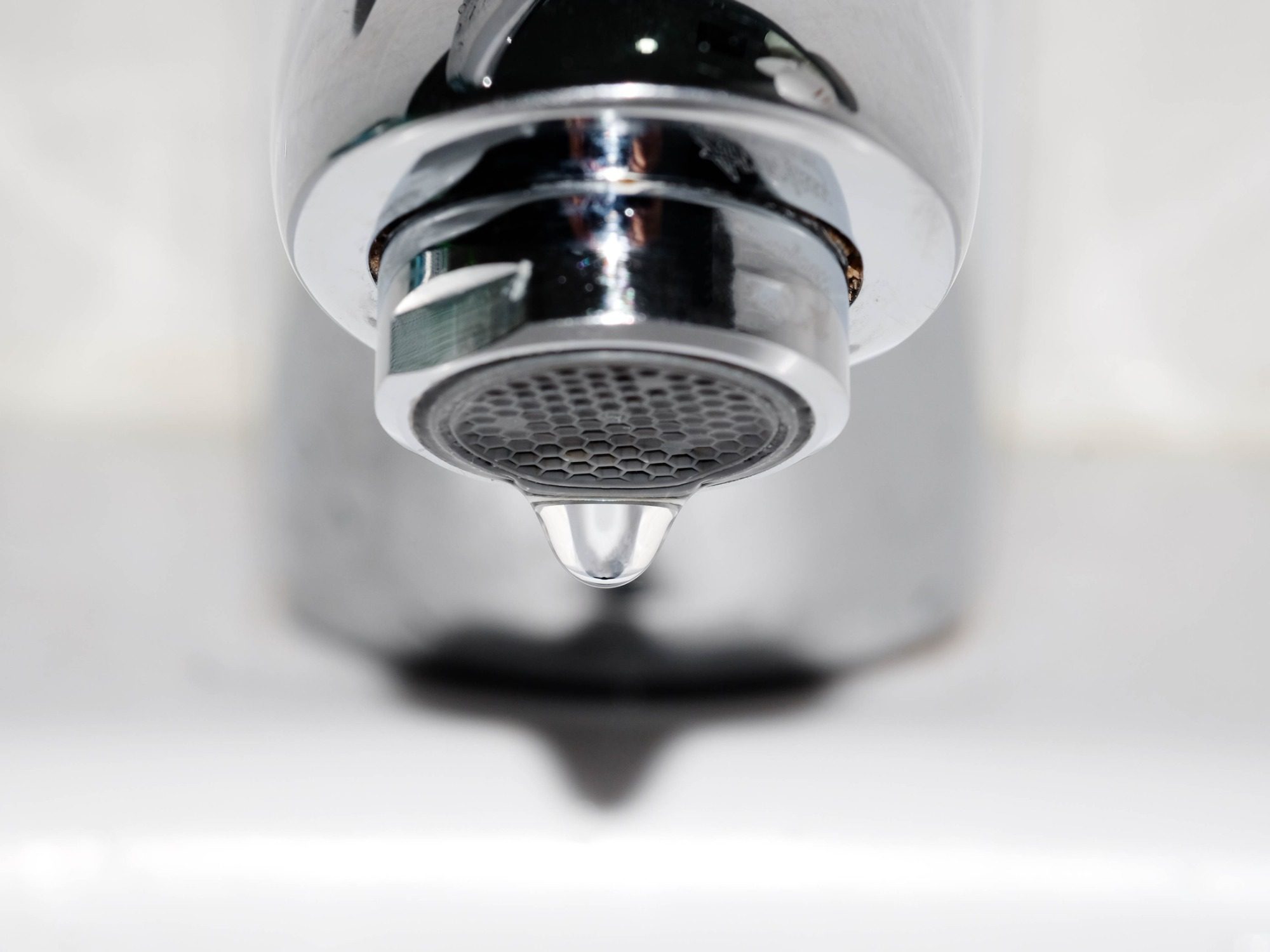Over the years, you may have heard about turning off the water while brushing your teeth or scrubbing dishes. Changing these small habits can get you in the flow of conserving water, which is one of the easiest ways to lower monthly water bills. While it may seem like a challenge, water conservation can be easy and fun! You can even take your commitment to the next level by upgrading your plumbing and appliances to be more water-efficient. To help you save water and cut back on your home’s water bill, consider these nine tips from the experienced team of Gainesville plumbers at Quality Plumbing of Gainesville Inc.
To schedule plumbing repairs or learn more about our plumbing services, contact our plumbing company today!
Turn Off The Faucets
Dentists recommend brushing your teeth twice a day, which is a good habit to get into, but it could lead to the bad habit of leaving the faucet running while brushing. Turning off the faucet is one of the easiest methods of conserving water. Bathroom faucets typically run at about two gallons of water per minute. You can also turn off the faucet while scrubbing your hands and shaving, which can save about six gallons of water per day.
Shorten Your Showers
Everyone loves a long, hot shower at the end of a long day, but an average shower can last about eight minutes. The average shower uses about 17.2 gallons, so we recommend shortening your showers. Shortening a shower by one minute can save gallons of water, reducing the heating costs associated with it. Try setting a timer on your phone or switching to a more efficient showerhead to save you both water and money.
Save Up Your Dirty Clothes
While overstuffing your washing machine can damage clothes, washing a full load of clothes can lower water bills and help you to conserve water. Each time the machine is used, water is consumed. Save on water energy costs by combining all of your washes. We recommend using warm or cold water instead of hot for your clothes to save on energy costs.
Time Your Gardening
If you are a proud plant parent, consider watering your plants in the early morning or at the end of the day so that the brutal Florida sun won’t immediately make the water evaporate. To conserve more water, we recommend investing in weather-based irrigation controllers that can adjust to real weather conditions, which will make sure that your plants are only watered when they need to be.
Catch Rainwater
Rainwater harvesting is collecting the run-off from a structure or other impervious surface to store it for later use, which can be done using a 55-gallon drum. For communities that rely on imported water, rainwater harvesting can cut down on this need. During Florida’s hot summer months, rainwater can reduce the demand for water, which would save the treated water for more important water uses. Rainwater can be used as a primary water source and is a great backup water supply in emergencies.
Get A Low-Flow Toilet
A toilet made before 1980 can waste an average of 40,880 gallons of water per year, while a low-flow toilet can use anywhere from 1.2-1.6 gallons of water per flush. By upgrading your toilet, you can save between 11,000-35,000 gallons of water per year, which would save you between 55–77% of your total water consumption. Low-flow toilets are becoming more readily available as an option when buying a newly constructed house.
Save Water While Doing The Dishes
When it comes to water use, a dishwasher is more efficient than hand washing your dishes. Hand washing can use up to 27 gallons of water per load, while certified dishwashers can use as little as 3 gallons of water per load and save almost 5,000 gallons of water per year. We recommend not pre-rinsing your loads as this can save 10 gallons of water per load. If you have a dual sink, you can fill one sink with hot, soapy water and the other with clean water for rinsing, cutting your water usage in half.
Save Water When Cooking
You can save money, energy, and water by boiling only as many cups of water as you need at the time. Steaming your vegetables can also cut water usage and create healthier foods with more natural nutrients. Steaming only uses an inch of water rather than a few cups or quarts. We also recommend washing fruits and vegetables in a water bath rather than running the water over them.
Cover Your Pool
While swimming pools are fantastic for those hot Florida days, they lose a lot of energy in a couple of different ways, primarily through evaporation. By investing in a pool cover, the evaporation can be slowed or stopped to save money with energy and water bills. Pool covers also keep more heat inside, which can reduce energy demands on your pool equipment. This will also lower heating bills as well as the cost of pool chemicals.
